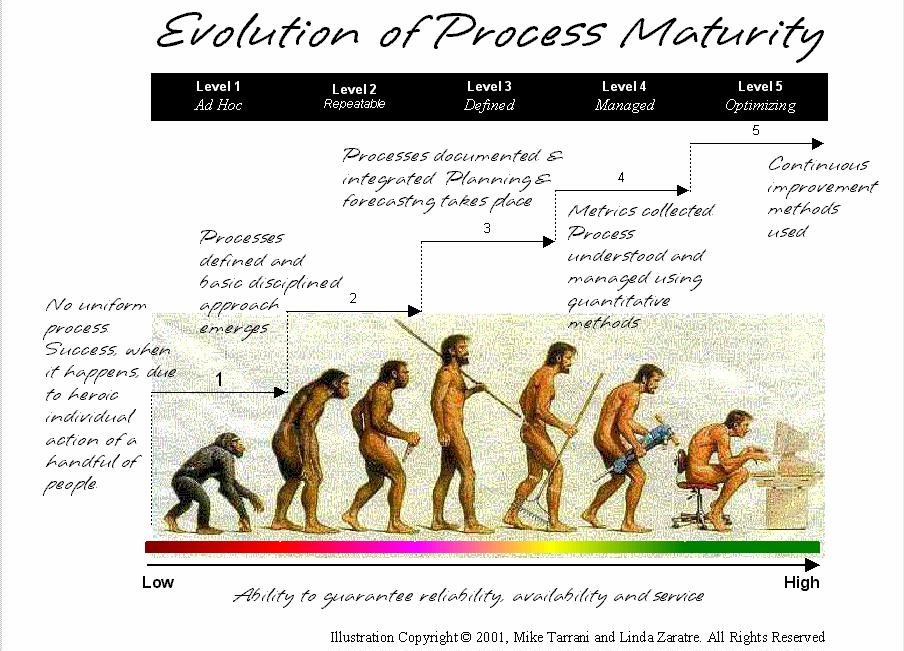The inquiry into the evolution of humanity’s spiritual maturity is a profound exploration found within the Bahá’í teachings. At the heart of this discussion lies a pivotal question: Are we witnessing a mere evolution of our spiritual faculties, or are we on a trajectory toward a more nuanced, mature understanding of our collective existence? This exploration invites us to delve into the complexities of spiritual development as articulated by Bahá’u’lláh and other leading figures within the Faith.
To begin with, the Bahá’í perspective offers a holistic view of human evolution that transcends the mere physical realm. It posits that humanity is engaged in an ongoing process of spiritual maturation, shifting from a state of collective ignorance towards a higher level of consciousness and unity. This journey is not linear; rather, it is characterized by cycles of progress and regression. In this context, the term ‘maturity’ assumes a layered meaning, encompassing emotional, intellectual, and spiritual dimensions.
Bahá’í writings denote that the evolution of spiritual maturity is reflective of humanity’s age of collective adolescence. This stage in human development is underlined by struggles with identity, tribalism, and a search for autonomy. The transition to maturity necessitates a departure from self-centeredness towards a unified collective consciousness. As we confront the tribulations of the modern era—conflict, inequality, and environmental degradation—we must recognize them as symptoms of immaturity that challenge the prospects of our evolution.
Moreover, the Bahá’í Faith emphasizes the necessity of global cooperation, highlighting the potential for human beings to mature through the lens of shared goals and mutual edification. The principle of the oneness of humanity underscores that our collective well-being is inextricably linked to each individual’s spiritual and moral development. In this light, the evolution of spiritual maturity is intertwined with our ability to transcend nationalism, racism, and religious prejudice, all of which are barriers to advancement.
In examining the principles espoused by Bahá’í teachings, we uncover three primary dimensions of spiritual maturity: the importance of justice, the pursuit of knowledge, and the cultivation of virtues. Each aspect invites us to confront our own shortcomings and challenges us to aspire toward higher ideals. The principle of justice, for instance, compels individuals to advocate for equity and fairness in all spheres of life, while the pursuit of knowledge encourages a quest for enlightenment that goes beyond rote learning. This intellectual endeavor is essential for the evolution of the human spirit; knowledge begets wisdom, and wisdom fosters compassion.
Equally significant is the cultivation of virtues, which are deemed the cornerstones of spiritual maturity. Love, kindness, and humility are not mere ethical imperatives; they are transformative forces that can propel humanity toward a state of collective enlightenment. Bahá’u’lláh’s assertion that “the best beloved of all things in My sight is justice” illustrates how the nurturing of virtuous qualities is paramount in our evolution. From a Bahá’í perspective, the act of cultivating personal virtues directly correlates to the advancement of society as a whole.
The notion of maturity also invites us to reflect upon the role of education in this process. Bahá’í teachings advocate for the widespread implementation of education—not only in a formal sense but as a lifelong pursuit of learning and personal development. Education is viewed as an indispensable tool for developing the intellectual faculties necessary to navigate the complexities of life. Furthermore, education fosters an environment where individuals can explore their innate spiritual capacities and contribute meaningfully to humanity’s collective well-being.
However, it is critical to recognize that the spiritual evolution of humanity is not a solitary endeavor. The Bahá’í perspective holds that individual progress is inherently connected to communal efforts. This interconnectedness is vividly portrayed in the concept of “consultation,” which encourages open dialogue and collaborative decision-making. Through the act of consulting, individuals are invited to share their insights and confront their biases, fostering an atmosphere of mutual support. Such practices are integral to achieving a mature understanding of the diverse tapestry of human experience.
In light of these teachings, the question remains: Is humanity poised on the precipice of becoming more spiritually mature, or are we merely evolving without truly reaching a more profound understanding? Just as the evolution of the physical world denotes growth and adaptation, the spiritual realm calls for evolution through conscious choice and deliberate action. It mandates that we engage with our inner selves, the community, and the greater world with intention and compassion.
Ultimately, the Bahá’í Faith offers a compelling framework through which the evolution of humanity’s spiritual maturity can be understood. It implores individuals to embrace the transformation that is needed for the progression of humanity as a whole. As we navigate through the challenges of the present age, the teachings remind us that the path to maturity is not a destination but a continuous journey—one that demands vigilance, reflection, and an unwavering commitment to the betterment of all. The spiritual development of humanity, therefore, signifies not merely the acquisition of knowledge but the embodiment of virtues that translate into actions aimed at fostering unity, harmony, and peace.
